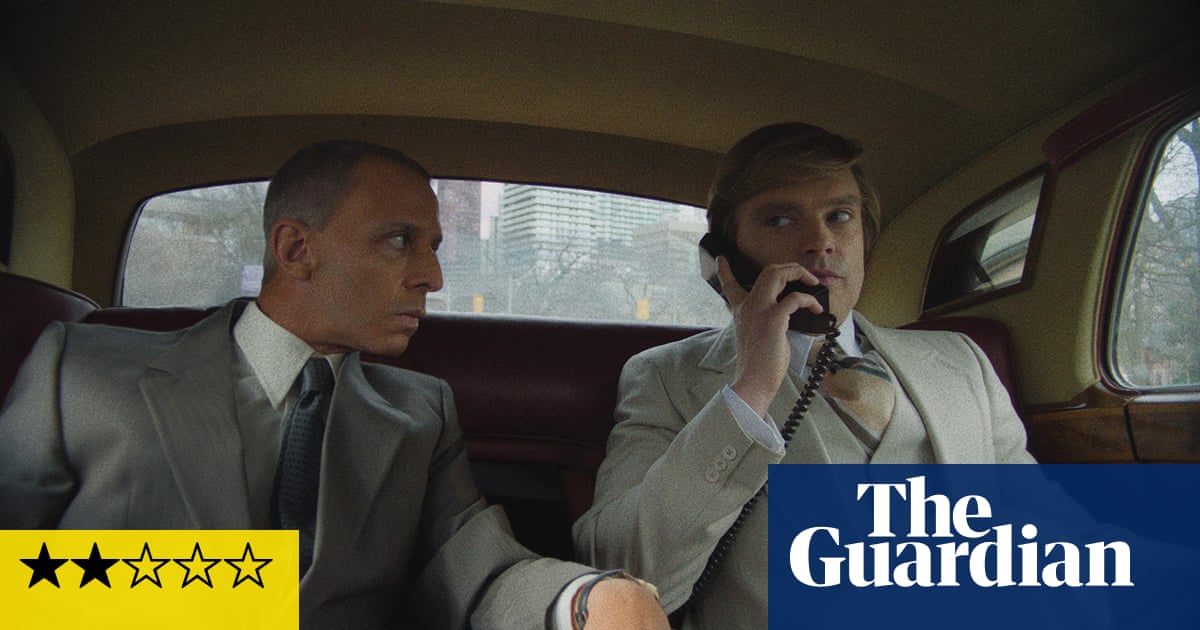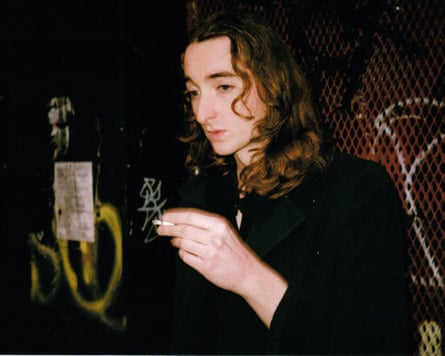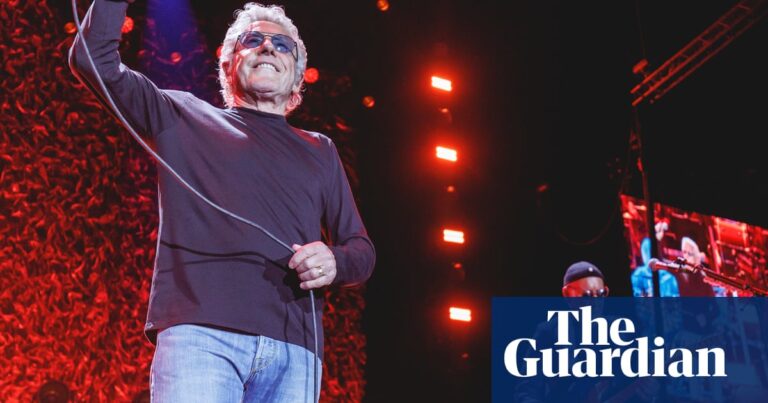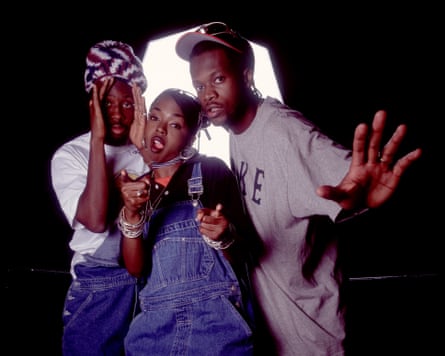
Donald Trump will not be the smallest bit worried by this genially ironic, lenient TV movie-style treatment of his early adventures in 70s landlordism, property and tabloid celebrity – and his own apprentice relationship with dark legal sorcerer and Nixon intimate Roy Cohn, the bully whose connections added to Donald’s wealth and who taught him to lie to others and himself and never admit defeat. There had been many rumours here in Cannes before this film screened about its rape scene, of which, more in a moment.
Director Ali Abbasi has given us fascinating monsters in the past with Holy Spider and Border but the monstrosity here is almost sentimental, a cartoon Xeroxed from many other satirical Trump takes and knowing prophetic echoes of his political future. It’s basically a far less original picture, its ambience borrowed from Scorsese and Coppola – with Donald’s deadbeat elder brother Fred even getting a “Fredo” scene where he gets embarrassingly, tearfully drunk at a big event, like the loser he is. And like so many film-makers these days, Abbasi will keep swooning over the picturesque sleaze of 70s New York.
There’s a moderate hair-and-makeup performance by Sebastian Stan as the young Donald himself, preening himself on his supposed resemblance to Robert Redford (the surgical liposuction and scalp-reduction scenes are gruesome). Jeremy Strong is much more interesting and effectively threatening as Cohn, with his strange physical stillness and lizardly stare, catching the young Trump’s flinching glance in an elite members club and staring at him in the men’s room. The voltage goes up when Strong is onscreen – which is not enough – especially when he admits Donald to his hideous townhouse party for all the other disreputable movers and shakers: “If you’re indicted, you’re invited!”
The Cohn angle and rather wasted asset of Strong’s casting are what makes this story original – but so much of the time he’s absent and we just get the story of Donald’s rise to the top with first wife Ivana (Maria Bakalova) at his side, doing the mega-marble interior decor in Trump Tower. The other great influence in Donald’s life, his glowering and finally envious dad Fred (Martin Donovan) is shrewdly represented.
The rumour of a rape scene in the film, along with the disclaimer at the beginning about fictionalisation and the theme of Donald submitting to Roy’s ethos of power worship, had many here beforehand expecting a moment like the one in Howard Brenton’s The Romans in Britain, a secret chapter of violence and shame and power. But it’s not like that, or not exactly. In the film, Donald rapes Ivana, who had been taunting him about his hair and weight – and this moment is every bit as hateful and misogynistic and shocking as you would expect. (In reality, Ivana later retracted her allegation of rape; Trump always denied it and said his former wife’s interpretation of events was false.) But then the film returns to its usual breezy pastiche-montage of amoral narcissism and conceit. So often, Donald comes across as nothing much more than a rascally and tiresome chump.
There is something very pathetic about Roy’s final illness and his humiliation at the hands of the ungrateful Donald, but again the film comes close to a mood of glum yet knowing resignation in the face of this ugly and banal callousness, which has had to be rather obviously pointed up with a dialogue scene between Roy and Ivana.
In sketching out his pre-White-House career, The Apprentice worryingly moves us back to the old Donald, the joke Donald who had a cameo in Home Alone 2 and of course his own hit TV show, the joke that is now beyond unfunny. It feels obtuse and irrelevant.
Source: theguardian.com





















